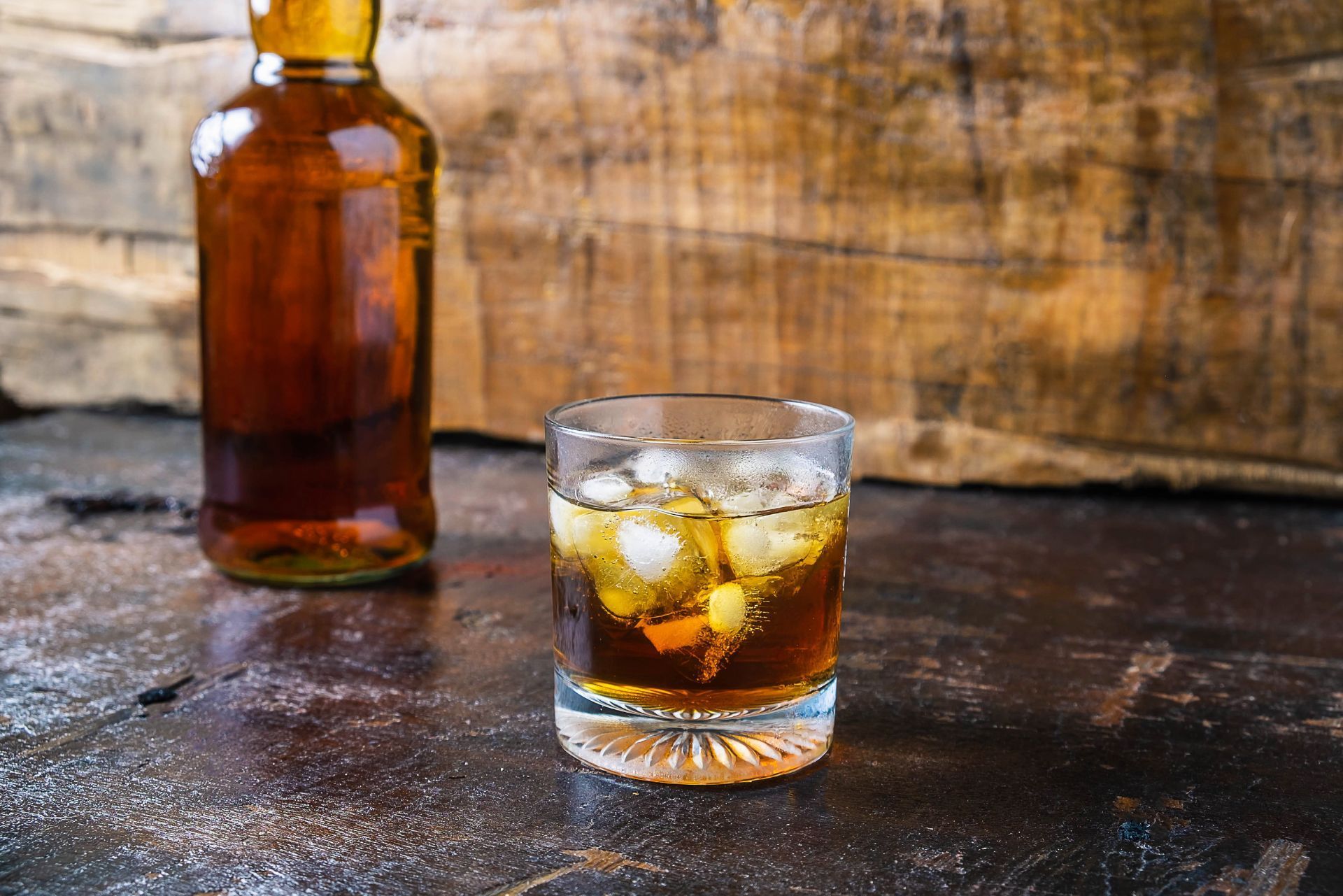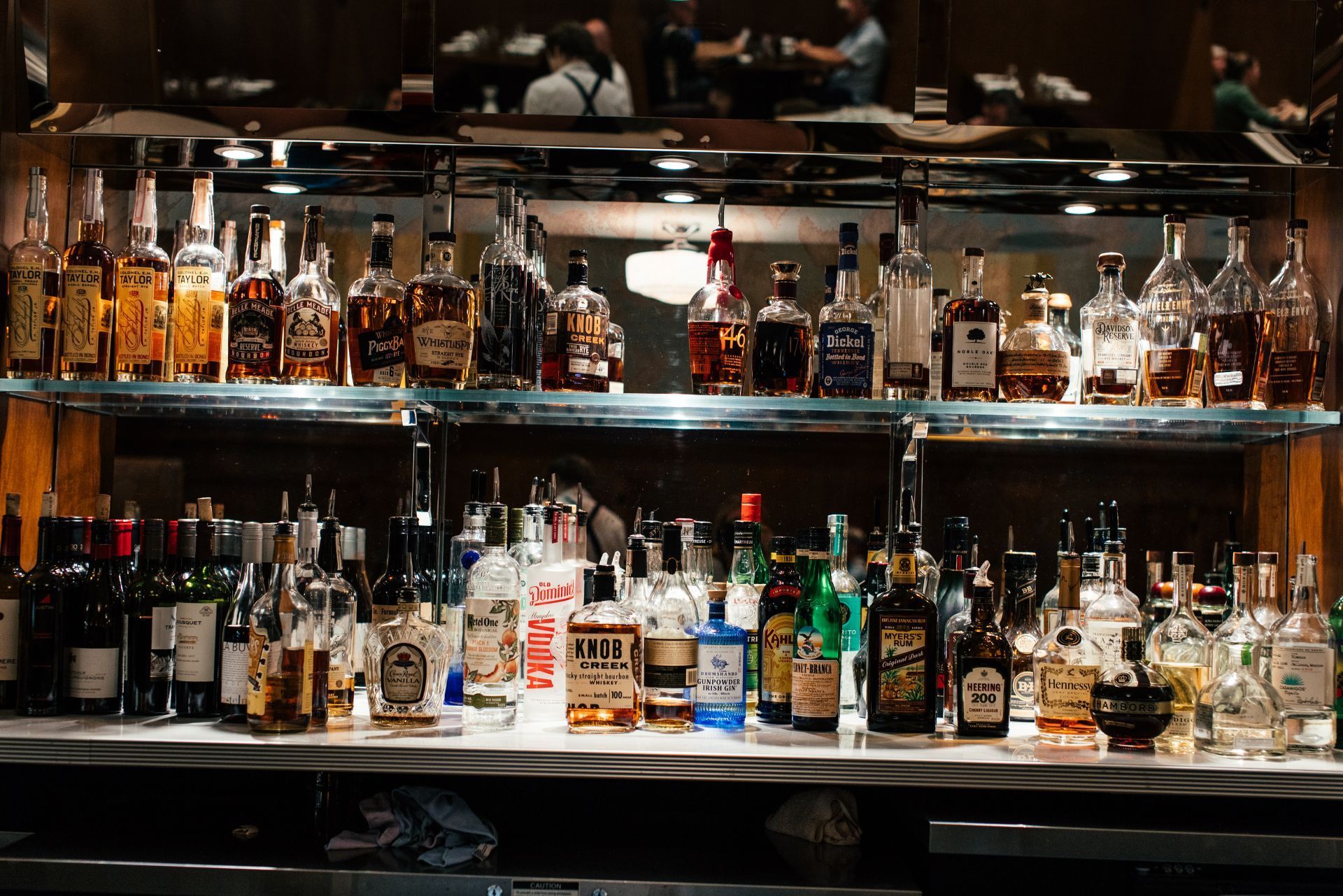Top 3 Recommended Policies
Index
Contact Us
Running a liquor store in Texas can be a lucrative business venture, but it also comes with its own set of risks and challenges. From potential liability issues to property damage, liquor store owners must be prepared for a variety of unforeseen events. This is where
Texas liquor store insurance comes into play. Understanding the nuances of this type of insurance is crucial for safeguarding your business and ensuring its long-term success.
Understanding the Basics of Liquor Store Insurance
Liquor store insurance is a specialized type of business insurance designed to protect liquor store owners from the unique risks associated with selling alcohol. This insurance typically includes several types of coverage, each addressing different aspects of potential risk. It's important to have a comprehensive understanding of what each type of coverage entails to ensure your business is fully protected.
One of the primary components of liquor store insurance is general liability coverage. This protects your business from claims related to bodily injury or property damage that occur on your premises. Given the nature of the products sold, liquor stores can be prone to accidents, making this coverage essential.
Another critical aspect of liquor store insurance is liquor liability coverage. This is particularly important because it covers claims related to damages caused by customers who were served alcohol at your store. In Texas, liquor liability laws can hold store owners accountable for the actions of intoxicated customers, making this coverage indispensable.
Property Insurance for Liquor Stores
Property insurance is another vital component of liquor store insurance. This coverage protects the physical assets of your business, including the building, inventory, and equipment. Given the high value of liquor inventory, having adequate property insurance is crucial to protect against losses due to theft, fire, or natural disasters.
In addition to standard property insurance, liquor store owners may also consider business interruption insurance. This type of coverage compensates for lost income if your store is forced to close temporarily due to a covered event, such as a fire or severe weather. This ensures that you can continue to meet financial obligations even when your business operations are disrupted.

Why Liquor Liability Insurance is Essential
Liquor liability insurance is a specialized form of coverage that addresses the unique risks associated with selling alcohol. In Texas, liquor store owners can be held liable for damages caused by intoxicated patrons. This includes incidents such as drunk driving accidents or injuries resulting from alcohol-related altercations.
Without liquor liability insurance, store owners could face significant financial losses due to lawsuits and legal fees. This type of coverage not only protects your business from these potential liabilities but also provides peace of mind knowing that you are prepared for any eventuality.
It's important to note that liquor liability insurance is not just for bars and restaurants. Any business that sells alcohol, including liquor stores, needs this coverage to protect against the financial risks associated with alcohol-related incidents.
Choosing the Right Coverage Limits
When selecting liquor liability insurance, it's crucial to choose coverage limits that adequately protect your business. The appropriate limits will depend on factors such as the size of your store, the volume of alcohol sales, and the specific risks associated with your location.
Consulting with an experienced insurance agent can help you determine the right coverage limits for your business. They can assess your unique needs and recommend a policy that provides comprehensive protection without overextending your budget.
In addition to general liability and liquor liability insurance, there are several other types of coverage that liquor store owners should consider. These additional options can further safeguard your business against a wide range of risks.
Workers' compensation insurance is essential if you have employees. This coverage provides benefits to employees who are injured on the job, covering medical expenses and lost wages. In Texas, businesses with employees are generally required to carry workers' compensation insurance.
Another option to consider is crime insurance. Liquor stores are often targets for theft and vandalism, making crime insurance a valuable addition to your policy. This coverage protects against losses due to employee theft, burglary, and other criminal acts.
Cyber Liability Insurance
With the increasing reliance on technology in business operations, cyber liability insurance is becoming more important for liquor store owners. This coverage protects against losses resulting from data breaches, cyberattacks, and other digital threats.
Cyber liability insurance can cover expenses such as data recovery, legal fees, and customer notification costs. As more liquor stores implement point-of-sale systems and online ordering, this coverage is an essential safeguard against the growing threat of cybercrime.

How to Choose the Right Insurance Provider
Selecting the right insurance provider is a critical step in securing the best coverage for your liquor store. It's important to work with a provider who understands the unique risks associated with the liquor industry and can offer tailored solutions to meet your needs.
When evaluating potential providers, consider their experience in the industry, the range of coverage options they offer, and their reputation for customer service. Reading reviews and seeking recommendations from other liquor store owners can provide valuable insights into a provider's reliability and responsiveness.
Additionally, it's beneficial to work with an insurance agent who specializes in liquor store insurance. They can help you navigate the complexities of policy selection and ensure that you have the right coverage to protect your business.
Comparing Quotes and Coverage Options
Once you've identified potential insurance providers, it's important to compare quotes and coverage options to find the best fit for your business. Request quotes from multiple providers and carefully review the details of each policy.
Pay attention to the coverage limits, exclusions, and deductibles associated with each policy. It's also important to consider the overall value of the coverage, rather than just the cost. A slightly higher premium may be worth the investment if it provides more comprehensive protection for your business.
Conclusion
Owning a liquor store in Texas comes with its own set of challenges and risks, but with the right insurance coverage, you can protect your business from potential liabilities and financial losses. By understanding the different types of coverage available and working with a knowledgeable insurance provider, you can ensure that your liquor store is well-protected against any unforeseen events.
Investing in comprehensive liquor store insurance not only safeguards your business but also provides peace of mind, allowing you to focus on growing and managing your store effectively. Whether you're just starting out or have been in the business for years, having the right insurance coverage is a crucial component of your overall business strategy.






